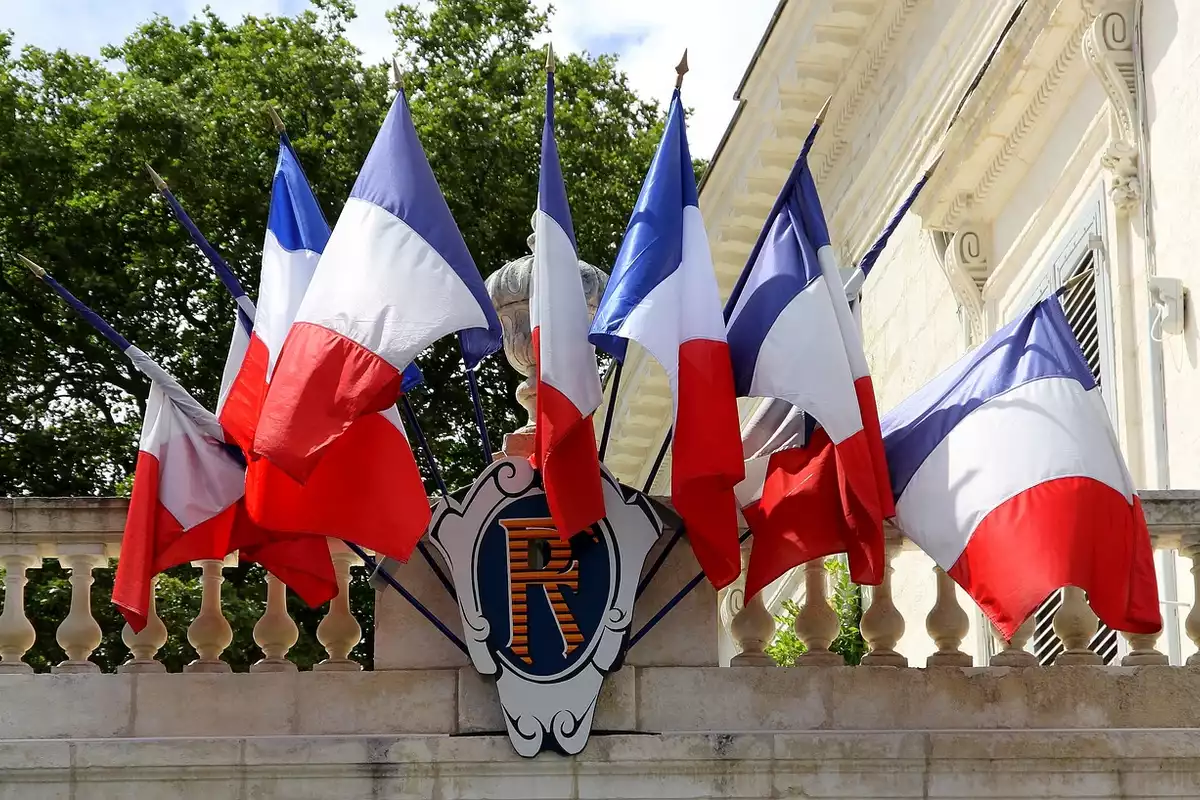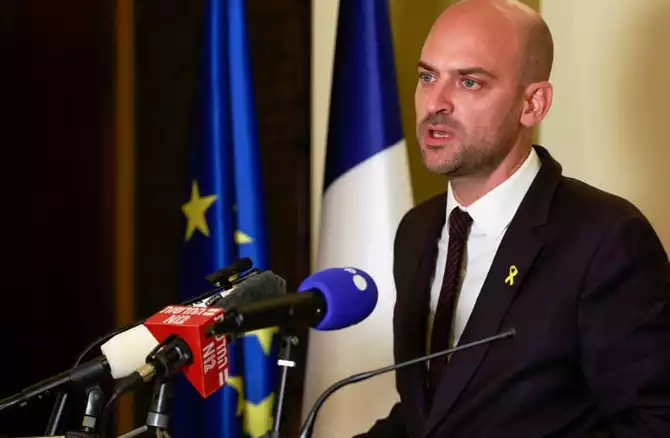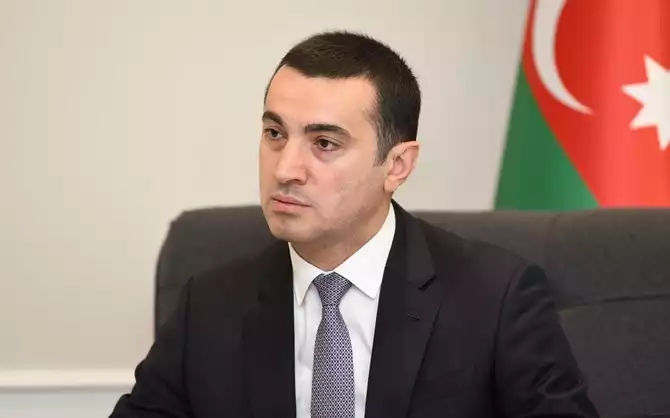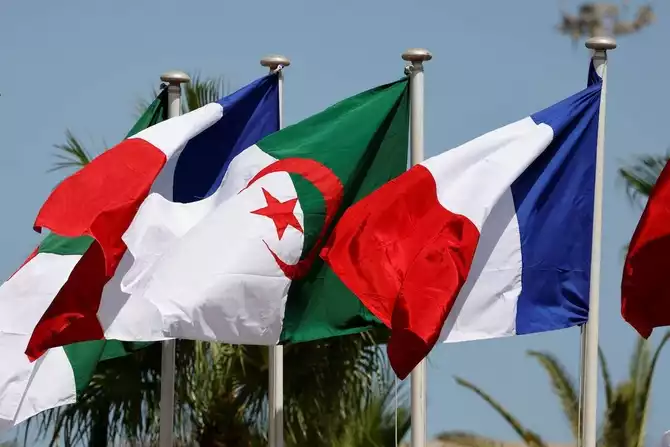
Photo credit: Pixabay
By Tural Heybatov
France has once again taken a confrontational diplomatic stance against Azerbaijan. After failing to secure Armenia’s position in the geopolitical arena of the South Caucasus, Paris seems determined to pursue a campaign of provocation and pressure against Baku. This aggressive posture, however, is not limited to the Caucasus-it is part of a broader crisis in France’s foreign policy, marked by outdated colonial reflexes and an inability to adapt to new geopolitical realities.
On Monday, the foreign ministers of the European Union gathered in Luxembourg for what was expected to be a routine meeting focused on the EU’s pressing internal challenges. The agenda had nothing to do with the South Caucasus. Yet French Foreign Minister Jean-Noël Barrot diverted the focus of the meeting to Azerbaijan, delivering a speech that included a series of anti-Azerbaijani narratives, accusations directed at Baku, and unsolicited demands regarding the legal proceedings of separatist leaders who currently stand trial in Azerbaijan.
This maneuver was a clear attempt to shift the conversation away from Europe’s real problems and instead push France’s personal geopolitical agenda. It did not go unnoticed.

Photo credit: AMMAR AWAD/REUTERS
Shortly after the speech, Armenian Foreign Minister Ararat Mirzoyan reportedly reached out to Barrot to thank him for his support. While media reports did not specify who initiated the call, it is widely assumed to have been Mirzoyan-revealing Yerevan’s ongoing effort to maintain the illusion that Armenia is being courted by global powers, rather than constantly seeking their favor. In a statement posted on platform X, Mirzoyan claimed to have informed Barrot about “the situation in the region and Armenia’s continued efforts to strengthen peace in the South Caucasus, including through the signing of a peace agreement with Azerbaijan.” In reality, it appears to have been yet another instance of Armenia seeking reassurance from its most loyal European sponsor.
As Yerevan and Paris exchanged diplomatic niceties, Azerbaijan’s Ministry of Foreign Affairs issued a direct and sharply worded response to Barrot’s comments.
“France’s double standards-claiming to support peace while actively provoking regional tensions-reveal a glaring contradiction,” stated Foreign Ministry spokesperson Aykhan Hajizada. “Such hypocritical behavior undermines the prospects for sustainable peace in the South Caucasus.”

Aykhan Hajizada, spokesperson for Azerbaijan's Foreign Ministry
Hajizada emphasized that France’s supply of lethal weapons to Armenia and its ongoing anti-Azerbaijani rhetoric are in direct contradiction to Barrot’s expressed concerns about regional instability. These actions not only damage the peace process but raise serious questions about France’s intentions in the region. Is Paris genuinely interested in peace-or is it attempting to use Armenia as a proxy in a broader geopolitical contest?
The question is especially relevant given the reality on the ground: Armenia is not a victim in this process. It is a defeated occupying force that must accept the consequences of its past actions. Any peace process must begin with that basic recognition. In other parts of the world, a country in Armenia’s position-having lost a war it initiated-would likely face far harsher outcomes than what Azerbaijan is currently demanding.
Indeed, Baku’s conditions for a comprehensive peace agreement are not only reasonable-they are necessary. Azerbaijan has consistently called on Armenia to fulfill two key requirements: amend its Constitution, which still contains irredentist claims on Azerbaijani territory, and formally dissolve the OSCE Minsk Group, whose framework has long been obsolete and ineffective. These are not unreasonable demands-they are preconditions for lasting peace.
As for the separatist leaders currently on trial in Azerbaijan, Baku’s position is clear. These individuals are responsible for crimes that include war atrocities and crimes against humanity. External commentary defending them-especially from France-is viewed in Azerbaijan as an unacceptable interference in its sovereign legal processes. “Such statements are a violation of Azerbaijan’s internal affairs and serve only to embolden those who committed grave acts of violence,” said Hajizada.
Moreover, Baku reminded Paris that rather than acting as an arbitrator in the South Caucasus, France should reflect on its own imperial legacy-particularly its ongoing neo-colonial posture in its overseas territories and former colonies in Africa. “It is no secret that France’s foreign policy demonstrates how its so-called ‘civilizing mission’ has collapsed morally,” Hajizada said. “We demand that France cease its destructive actions, which do not contribute to peace but instead undermine regional stability.”
This message from Baku is echoed in other corners of the world where France’s legacy continues to generate resentment and resistance. On the same day as the EU meeting in Luxembourg, the government of Algeria announced the expulsion of 12 French diplomats, giving them 48 hours to leave the country. These diplomats, reportedly affiliated with France’s Interior Ministry, were expelled in response to the arrest of three Algerian nationals in France-one of whom was a diplomat. The three were allegedly linked to the temporary abduction of a controversial Algerian opposition figure and TikToker residing in France, who was detained for several hours before being released.
This was not an isolated incident. According to AFP, Algeria has issued nine international arrest warrants against the influencer on charges of terrorism and financial fraud. But instead of engaging diplomatically, France chose confrontation: expelling Algerian diplomats in retaliation and recalling its ambassador from Algiers.

Ludovic Marin/AFP/Getty Images
The diplomatic rupture reflects a deeper strain in Franco-Algerian relations. France continues to resist acknowledging the full extent of the atrocities committed during its colonial rule in Algeria-including genocide and the long-term effects of nuclear testing carried out on Algerian soil. These historical wounds remain fresh for many Algerians, who see France’s behavior as an extension of its imperial arrogance.
Symbolically, Jean-Noël Barrot’s recent visit to Algiers was met with a pointed snub: Algerian Foreign Minister Ahmed Attaf refused to meet him at the airport. Barrot was forced to travel alone to his meetings-a deliberate gesture of humiliation directed at Paris. Despite arriving with optimistic proposals for cooperation on migration, security, and economics, analysts noted that France’s true objective was to reclaim its waning influence in the region.
French efforts to portray themselves as benevolent partners ring hollow in both Africa and the South Caucasus. As Baku sees it, Paris is not promoting peace-it is promoting instability under the guise of diplomacy.
The domestic political backlash in France has also begun to mount. Marion Maréchal, Member of the European Parliament and leader of the Identity and Democracy group, publicly called for Barrot’s resignation, describing the unfolding situation as a “humiliating diplomatic crisis.”
Yet, despite mounting pressure, Barrot is unlikely to step down. His tenure is emblematic of France’s broader struggle to reconcile its historical ambitions with modern geopolitical realities. From Luxembourg to Algiers, from Yerevan to Baku, France is increasingly seen not as a neutral mediator, but as a destabilizing force with outdated pretensions of grandeur.
Azerbaijan’s message to France is therefore simple and unambiguous: stop the posturing, abandon the colonial mindset, and respect the sovereignty of independent nations. Only through such a recalibration of its foreign policy can France hope to play a constructive role in the new multipolar world.
Share on social media